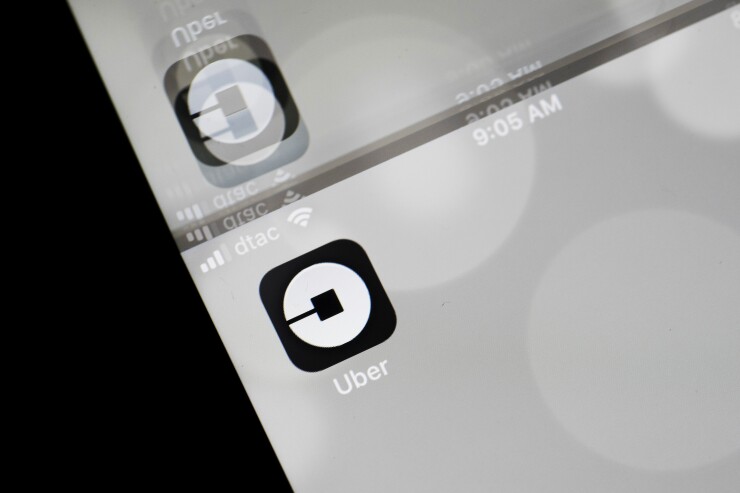The on-demand economy is providing benefits to customers across almost every industry. Buyers can apply for a mortgage and finance a car in minutes and order a ride-share or rent a vacation house in mere seconds.
Customers are accustomed to this expedited process, so it’s shocking for small-business owners when they look to acquire equipment for their venture and find that financing and payment transactions are not on-demand.
There are several technologies working to transform financial services at a rapid pace that will bring the industry into the future and promise transparency, faster time to market, better transactions and more accurate results.

Big data is among those technologies. IDC predicts that the
That is a trillion gigabytes and 10 times the 16.1ZB of data generated just two years ago in 2016. Big data is the secure analysis of large-scale data sets, including personal, business and financial information. This technology allows financial services organizations ingest and analyze enormous amounts of structured and unstructured data without having to reformat it. Analyzing digital social behavior by looking at unstructured feeds from social media can help getting accurate credit factors in real time for underwriting process before the underlying data impacting scores captured by the credit data companies.
Machine learning/AI is the use of algorithms to extract meaning from data sets for decision-making. This technology is critical for consistently matching customers and lenders for the best possible chance of funding.
Predictive models will assist in determining credit worthiness along with traditional credit score, particularly for customer with less than perfect credit. This technology learns and gets better with every transaction, and will minimize risk while driving accuracy and consistency in the underwriting and funding process.
Blockchain is critical for transparency and security in payments. Like a notary, this technology authenticates each step of a transaction while sharing that information securely among participants.
When a customer signs a document for example, that information is shared securely and instantaneously with the lender. In addition, blockchain is used to optimize Know Your Customer and identity management/authentication.
There are data vendors currently using this tech, so it’s important for the industry to keep up and integrate these data providers for instantaneous authentication. Another use case of this technology is to create escrow blockchain with borrowers, lenders, borrowers and equipment dealers creating and maintaining smart contracts for transparency, accuracy and velocity. At LeaseQ we are exploring opportunities in developing platform issuing Ethereum based ERC20 compliant Q-Tokens to be used at its platform for transacting hypersmart algorithm services and participate in loan syndication process.
With big data, machine learning/AI and blockchain, consumers will fill out one application and grant permission at that point. Data will flow automatically and securely from the business, banks, credit bureaus and other institutions.
The customer will match with their perfect lender, receive terms and get funded, all in a matter of hours. Working together, this new tech will move financial services toward the holy grail of automated origination, underwriting and funding.





